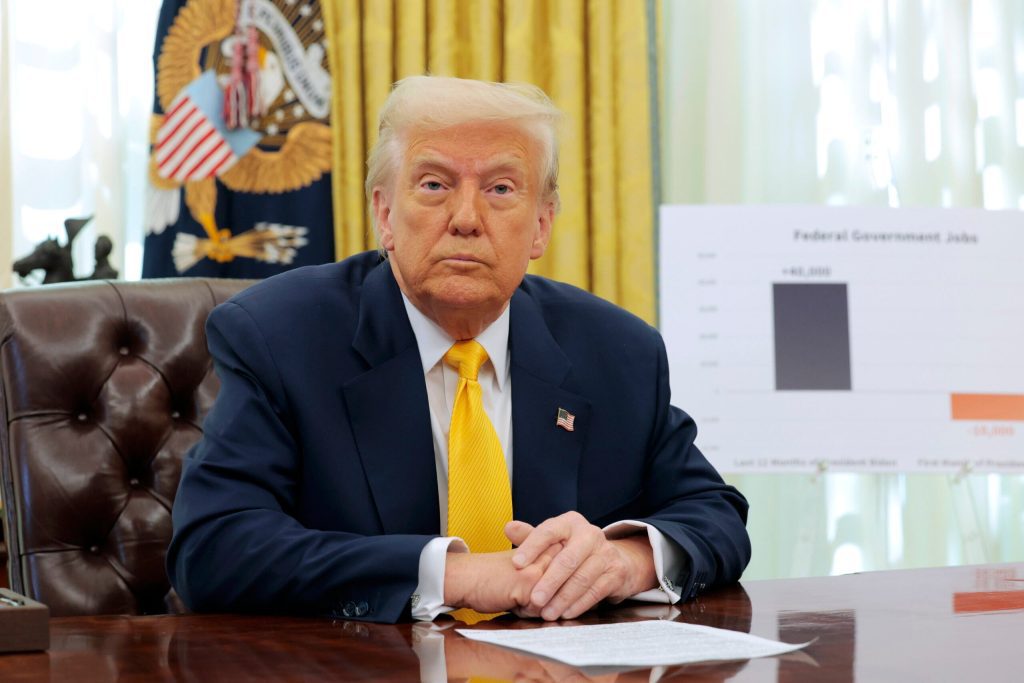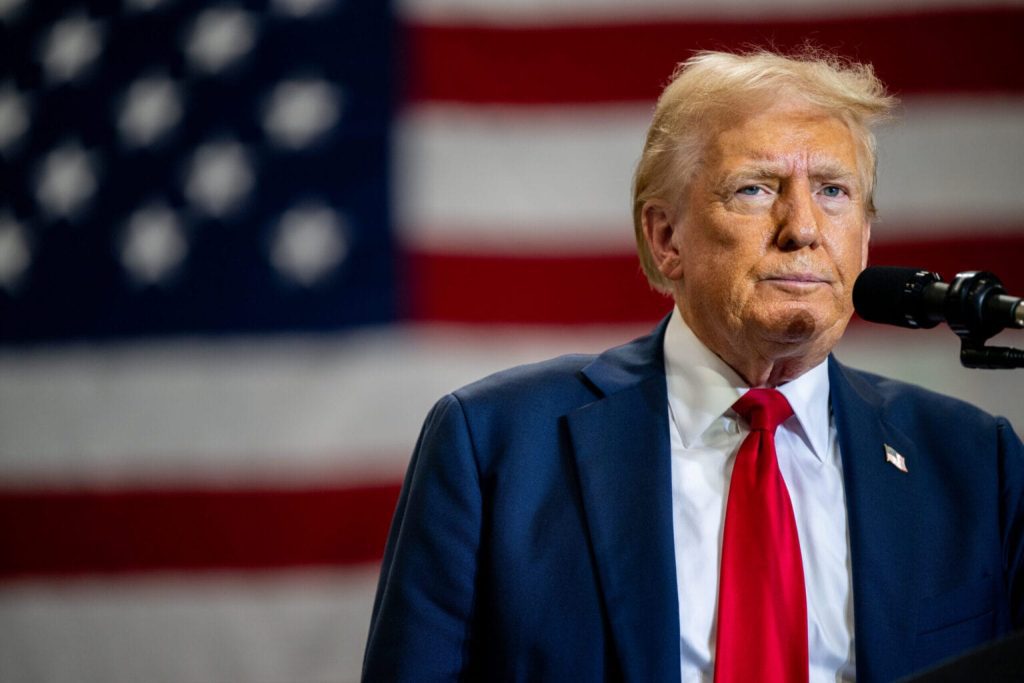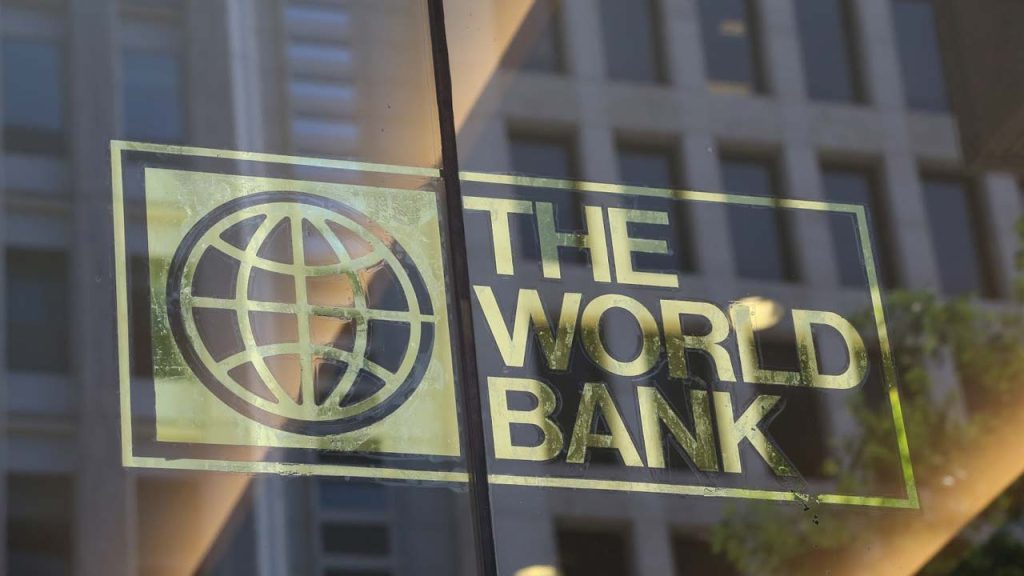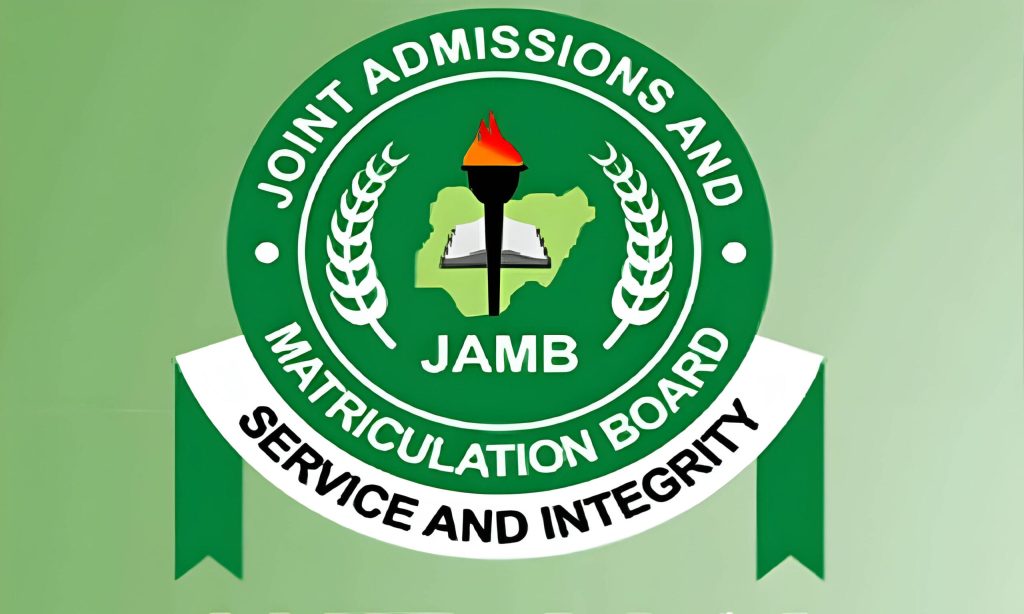A Federal High Court in Port Harcourt has summoned President Bola Tinubu and seven other high-ranking officials over the declaration of a state of emergency in Rivers State. The lawsuit challenges the legality of the emergency declaration and seeks judicial interpretation of its constitutionality.
Background: The Controversy Leading to the Court Summons
The conflict in Rivers State began after intense political instability and governance disputes. Tensions escalated following the suspension of the state’s Executive and Legislative arms, which prompted widespread concerns about democratic governance. Critics argued that the federal government’s intervention, which included the imposition of a Sole Administrator, undermined the principles of democracy and violated constitutional provisions.
Amidst growing unrest, President Bola Tinubu declared a state of emergency on March 18, 2025, citing threats to peace and security. This decision sparked legal challenges, with opposition voices claiming the move was politically motivated and unconstitutional.
Key Defendants in the Suit
The suit, filed under Suit No: FHC/PH/CS/45/2025, lists several prominent officials and institutions as defendants:
- President Bola Tinubu (who issued the emergency declaration)
- President of the Senate, Godswill Akpabio
- Speaker of the House of Representatives, Tajudeen Abbas
- The National Assembly
- Attorney General of the Federation
- Rivers State Sole Administrator, Vice Admiral Ibok-Ete Ibas
- Revenue and Fiscal Mobilization Commission
- Central Bank of Nigeria (CBN)
The News Agency of Nigeria confirmed these details in its report.
Legal Challenge to the Emergency Declaration
The case was brought by the Incorporated Trustees of Peoples Life Improvement Foundation, along with Precious Elekima and Inanna Wright Harry. The plaintiffs argue that the state of emergency declaration violates constitutional and international human rights laws.
They have raised a fundamental legal question: Is President Tinubu’s declaration of a state of emergency in Rivers State unconstitutional, null, and void?
Plaintiffs’ Arguments and Legal Grounds
The plaintiffs contend that the federal government’s actions constitute a violation of:
- Article 13 of the African Charter on Human and Peoples’ Rights (Ratification and Enforcement Act)
- Section 305(3)(b) of the Constitution of the Federal Republic of Nigeria 1999 (as amended)
According to their argument, the President’s actions breached constitutional requirements for declaring a state of emergency. They claim that Rivers State did not meet the legal conditions necessary for such a drastic measure, making the declaration unlawful.
Demands and Reliefs Sought
The plaintiffs have asked the court to:
- Declare the state of emergency unconstitutional and nullify it.
- Stop the Rivers State Sole Administrator from exercising excessive powers, including appointing caretaker committees for the 23 local government councils.
- Block the formation of a state executive council under the emergency rule.
- Prohibit financial transactions from the state treasury until democratic governance is restored.
Additionally, they demand the “restoration of democracy in Rivers State” by reinstating the suspended Executive and Legislative arms of government.
Furthermore, they seek a perpetual injunction prohibiting the President from suspending democratically elected officials in Rivers State or any other state in the future.
Court’s Directive and Next Steps
The Federal High Court in Port Harcourt has given the defendants 30 days to respond to the summons. The court warned that if they fail to respond within this period, the case will proceed in their absence.
Legal Representation and Public Reaction
Renowned legal practitioner Ebere R. Ugwuja, ESQ, is representing the plaintiffs in this high-profile case.
The legal battle has attracted significant public attention, with legal experts, political observers, and civil society organizations closely following the proceedings. Many Nigerians view this case as a critical test of the country’s democratic principles and the separation of powers between the federal and state governments.
The court’s ruling on this matter could have far-reaching implications for governance, the rule of law, and the autonomy of state governments in Nigeria.













